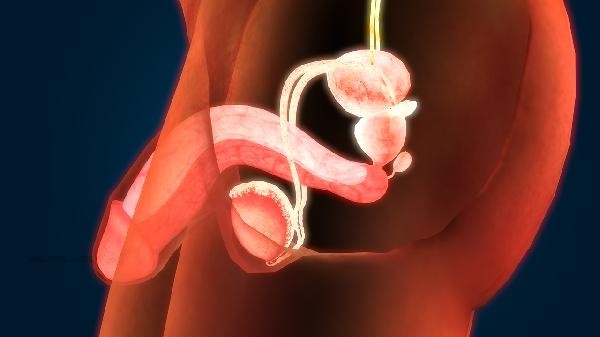Frequent nocturnal emissions may not necessarily be due to kidney deficiency, but may be related to physiological factors, psychological states, or certain diseases. It is necessary to fully understand the reasons and take appropriate measures. If it occurs frequently and is accompanied by other discomfort symptoms, timely medical attention should be sought to avoid delayed diagnosis and treatment.

1 Physiological Factors
Under normal circumstances, moderate nocturnal emissions in men after maturity are a natural physiological phenomenon, but if the frequency is too high, it may be related to individual constitution. For example, some young men with strong sexual desire or in a state of physical fatigue are prone to experiencing an increase in nocturnal emissions. In this case, nocturnal emission usually does not pose a serious threat to the body, but adjusting one's schedule and relieving stress may improve.
2 psychological factors
Long term psychological stress, anxiety, depression, or frequent nocturnal dreams are also important reasons for frequent nocturnal emissions. These emotions may trigger abnormal excitement in the nervous system, leading to involuntary nocturnal emissions. Learning to release stress, such as managing emotions through meditation, deep breathing, and other methods, can effectively reduce adverse effects.
3 Pathological reasons

Frequent nocturnal emissions may also indicate certain diseases, such as prostatitis, chronic reproductive system infections, or endocrine disorders. These diseases can lead to functional abnormalities in the urinary and reproductive systems, thereby increasing the probability of nocturnal emissions. If accompanied by symptoms such as frequent urination, urgency, and soreness in the waist and knees, seek medical attention as soon as possible for examination. Common tests include urine analysis, prostate fluid examination, and sex hormone testing.
4 Lifestyle Adjustments
Poor lifestyle habits, such as staying up late, sitting for long periods of time without exercise, or excessive consumption of stimulating foods, can have a negative impact on the body and lead to recurrent nocturnal emissions. It is recommended to ensure sufficient sleep time every day, avoid prolonged sitting, engage in moderate exercise such as jogging or swimming, and consume foods rich in zinc and protein such as oysters, eggs, and beans.
5 Traditional Chinese Medicine Prescriptions
Kidney deficiency is often regarded as a possible cause in traditional Chinese medicine, divided into two manifestations: kidney yin deficiency and kidney yang deficiency. After differentiation through traditional Chinese medicine, certain Chinese medicines such as Liuwei Dihuang Wan can be selected for the treatment of kidney yin deficiency or Jinkui Shenqi Wan can be selected for the treatment of kidney yang deficiency. But it is necessary to consult before use to avoid other problems caused by unsuitable drugs. If the frequency of nocturnal emissions is too high and accompanied by discomfort symptoms, it may need to be taken seriously. It is recommended to go to the hospital for detailed examination, find the cause, and receive targeted treatment. Properly changing lifestyle and regulating psychological state can usually have a positive effect on reducing nocturnal emissions.





Comments (0)
Leave a Comment
No comments yet
Be the first to share your thoughts!